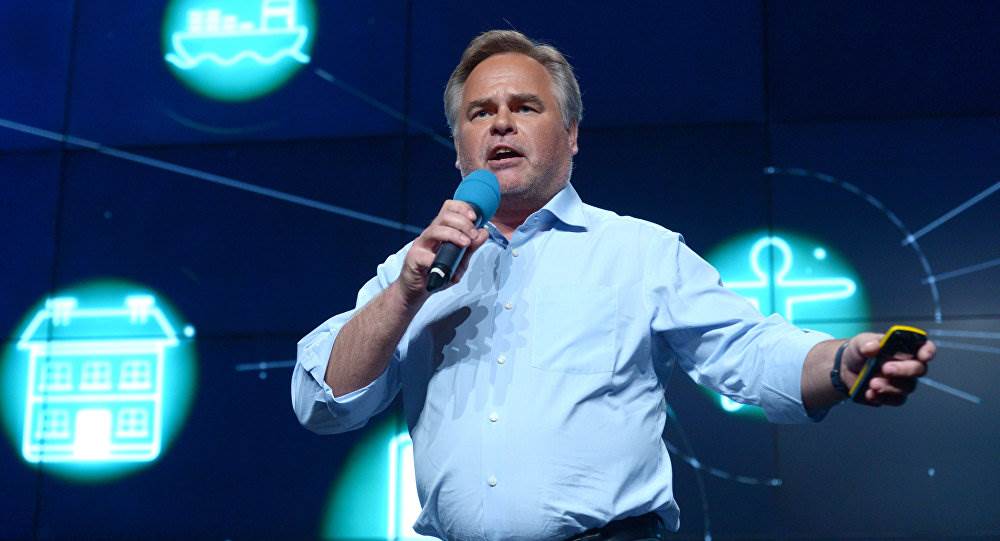
Russian anti-virus company Kaspersky is accusing Microsoft of abusing its control of Windows to squash other anti-virus companies and promote their own product Windows Defender.
“We think that Microsoft has been using its dominating position in the market of operating systems to create competitive advantages for its own product,” said Eugene Kaspersky, the CEO of the company. “[Microsoft] is also creating obstacles for companies to access the market, and infringes upon the interests of independent developers of security products,” he complained.
Kaspersky has a number of issues, and claims to have filed complaints with antitrust authorities in the European Union, Russia, and elsewhere over what it claims are anti-competitive practices by Microsoft.
One of his complaints was that when a user upgrades to Windows 10, Microsoft automatically deactivates any “incompatible” security software it finds on the system and installs Defender instead. Microsoft would of course say that they protect users by default when unprotected by another application (such as when that app has been deactivated due to being incompatible.)
Kaspersky complained that independent software developers were given just seven days before the release of Windows 10 to make their software compatible with the new operating system, leaving too little time to make sure their application was compatible.
Even when the other anti-virus app was compatible Microsoft still prompted users to switch to Windows Defender, which then de-activated the alternate service.
He also complained that Microsoft made it harder in Windows 10 for users to know when their existing license for a security product might have expired so they don’t renew it in a timely fashion. When the app expired Microsoft simply deactivates the product and turns Defender on instead.
At the end of 2015 Microsoft held 16 percent share of the antivirus market share, followed by Avast and Malwarebytes with 15 percent and 11.6 percent share respectively according to market share numbers from OPSWAT. Kaspersky had a market share of around 4 percent.
“Actually, Microsoft’s actions aren’t only making things worse for users and killing off the whole ecosystem of independent developers; they’re also undermining users’ trust in Microsoft,” Kaspersky said.
Kaspersky Lab want antitrust authorities to force Microsoft provide new Windows versions and updates in a quicker fashion to independent developers so they can maintain compatibility of their software with the operating system.
Kaspersky Lab also want Microsoft to explicitly inform users about the presence of potentially incompatible software on their systems when upgrading Windows and about the need to install compatible versions of the same software after the upgrade. Lastly, the company wants regulators to ensure that Microsoft does not enable Windows Defender by default on end-user systems and instead require explicit permission from users before doing so.
Kaspersky noted a monoculture of security apps would make it easier for malware writers, and they would only need to find their way around the defences of one product, and that Windows Defender was not only worse than other services but also did not provide as much value and features as 3rd party apps, saying:
According to independent test labs, Defender gives by far not the best experience, but a below average one in the market. Not to mention the fact that it noticeably lags behind on the functionality front: it doesn’t have: parental control, built-in VPN, webcam protection, password manager, backups, exploit protection, protection for online banking and online shopping, proactive protection against future threats and dozens scores hundreds of other features which are all useful in providing maximum protection and a better user experience.
In a statement today Microsoft denied any knowledge of a formal complaint, noting “The company hasn’t received an official notification from [Federal Antimonopoly Service],” saying “As soon as we get it, we will review it carefully.” Microsoft however noted that they had a long and productive history of working with Kaspersky Labs.
We know some of our readers trust 3rd party ant-virus vendors more than Microsoft to defend their system, and it does seem Microsoft does not do much to ensure these companies remain a healthy part of the Windows ecosystem. At the same time being very considerate of their needs (which ultimately involve making money of Windows users) would leave many users vulnerable by default.
Does Kaspersky have a case? Let us know below.







